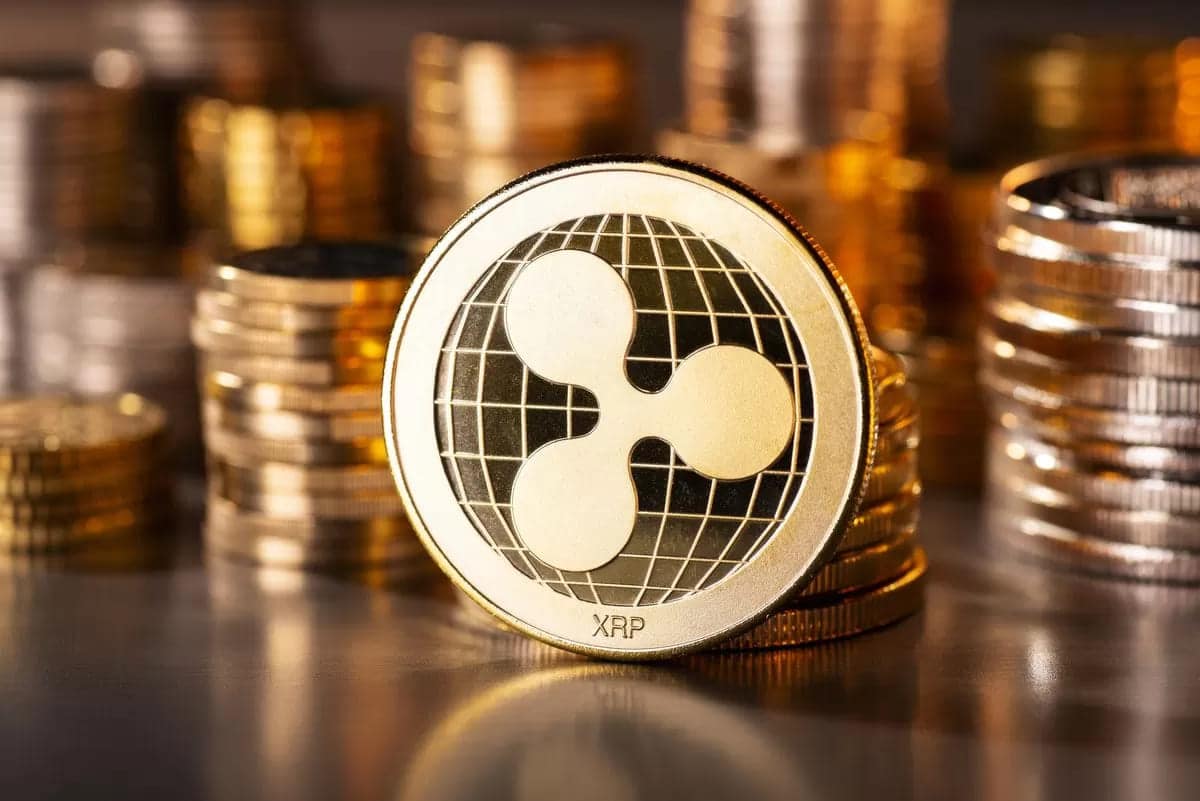Ripple, a U.S.-based crypto payments platform, is looking to obtain regulatory approval in the Republic of Ireland so it can access the European market, CNBC reported on Friday.
According to the company’s general counsel Stuart Alderoty, Ripple is seeking a virtual asset service provider (VASP) license and already has two workers in the country, which is a member of the European Union (EU).
Due to its continuous legal dispute with the US Securities and Exchange Commission, which is claiming that the business broke securities law by selling the XRP coin, Ripple has moved its focus to nations outside of the US. The business has already established alliances in Sweden and France.
According to Alderoty, once the exchange receives this Irish license, Ripple aims to “passport” its services throughout Europe. Additionally, he said, it would submit a request for an electronic money license in Ireland.
Due to the EU’s improvements in regulating the industry, crypto companies have been choosing to enter the bloc. In February, the EU will vote on the comprehensive Markets in Crypto Assets (MiCA) law, which aims to create a licensing system that would let businesses operate in all 27 of the member states.
Bitstamp Gets a Crypto License from the Bank of Spain
Spanish authorities have granted Bitstamp a license to do cryptocurrency business there. It signifies acceptance in yet another European country for an exchange, which from its establishment in 2011 has concentrated on the market in the European Union.
On November 17, the business made an announcement regarding its Spanish license. With the Bank of Spain’s license, Bitstamp’s local affiliate may now provide electronic wallet custody services and digital currency exchange services for Spanish customers. Following companies like Binance and Bitpanda in receiving a license in Spain is Bitstamp, which is now the country’s 46th distributor of digital assets.
Spain recently showed that it takes a moderate approach to regulating cryptocurrencies, which is consistent with the country’s rapid adoption rate. The local financial watchdog Comisión Nacional del Mercado de Valores (CNMV) published a set of guidelines for promoting cryptocurrencies in January, requiring it to be “transparent, balanced, and fair.”
By this fall, the country became home to the third-largest network of Bitcoin (BTC) and cryptocurrency ATMS after the United States and Canada. It currently hosts 215 crypto ATMS, pushing EI Salvador with 212- down to the fourth position after surpassing the country by the ATMS.


